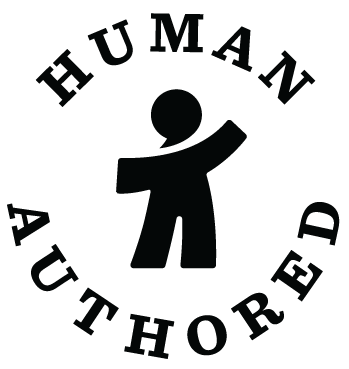About
Starting with a Doctorate in Fine Arts from Yale, Jonathan Reeve Price worked in conceptual art and concrete poetry, showing in co-op galleries and museums in New York. While living in Soho, he wrote articles on video art for The Nation, Art News, Esquire, and Harper’s, and published books on theater, writing, and video art. For four years, he ran the Shakespeare Institute, a summer program for teachers and graduate students, in conjunction with the University of Bridgeport and the Shakespeare Theater in Stratford, Connecticut.
He quit the art world to join Apple Computer in 1982, where the introduction of MacPaint was a life-changing event for him. He created a style guide used for many years by technical communicatorsHow to Write an Apple Manual, later published in several editions under the title, How to Communicate Technical Information. He also led a guerilla movement within Apple to create the first online help systems, using HyperCard, a forerunner of the links we take for granted on the web.
As a Fellow of the Society for Technical Communication, he helped teams gather requirements for large and small projects in corporations and national laboratories, creating use cases and user stories, test cases, and task topics. He coached more than a thousand technical writers at high-tech firms in the U.S. and Japan, and through the University of California, Santa Cruz, certificate program in technical communication. His book, Write a Use Case: Gathering Requirements that Users can Understand, argues that writers can contribute a lot of value to the process, standing midway between the stakeholders and the programming team, helping them reach mutual understanding of what must be built. His book, Get Past the Tags, helps writersnot programmersunderstand and use the eXtensible Markup Language, XML, which forms the basis of the content management systems used in large organizations. He shows how XML grew out of familiar aspects of ordinary writing, such as proofreader’s marks. XML just formalizes many tactics we have already developed, in the history of writing.
His art now combines high-tech images and texts. Exhibiting in museums and galleries around the United States, these digital artworks printed on aluminum panels combine satellite images, USGS maps, PhotoShop transformations, and poems. His poems and artworks about the experiences of migrants as they trek north through the Chihuahua desert appear in galleries and museums, and in the catalog, The Liquid Border: The Rio Grande from El Paso to the Gulf of Mexico. A meditation on Hokusai, using Photoshop to take apart the prints in the series, 36 Views of Mount Fuji, zooms in digitally, assembling a 21st century interpretation of his practice, with poetic commentary. His series ofIcons show common computer icons, with personal responses in short poems.
As a tenure-track professor he has taught information architecture, technical writing, content development, and databases at New York University, Rutgers, New Mexico Tech, and as an adjunct professor, through the University of New Mexico, as well as online through the University of California, Santa Cruz.
He and his wife Lisa live next to the Rio Grande, as it flows south through New Mexico.
Featured Work
Icons

These poems and artworks pay homage to those ubiquitous little images on our screen. Computer icons carry culture, history, and code. As buttons, they awaken functions deep inside the system. As images, they evoke old technology, memes, and mysteries. And, as artwork bearing their own titles, they come loaded with implications, overtones, and attitude. In these poems, Jonathan Reeve Price explores the complex powers of 100 icons.
126 pages
Publication: March 15, 2024
ISBN-10: 0-9719954-8-6
ISBN-13: 978-0-9719954-8-2
Publisher: The Communication Circle
4704 Mi Cordelia Drive, NW
Albuquerque, NM 87120
Price: Paperbound, $9.95
Other Works
-
Write a Use Case: Gathering Requirements that Users can Understand
2020
-
Get Past the Tags! --How to Write (and Read) XML Documents
2020
-
The Liquid Border: The Rio Grande from El Paso to the Gulf of Mexico
2020
-
Viewing Hokusai Viewing Mount Fuji
2020


